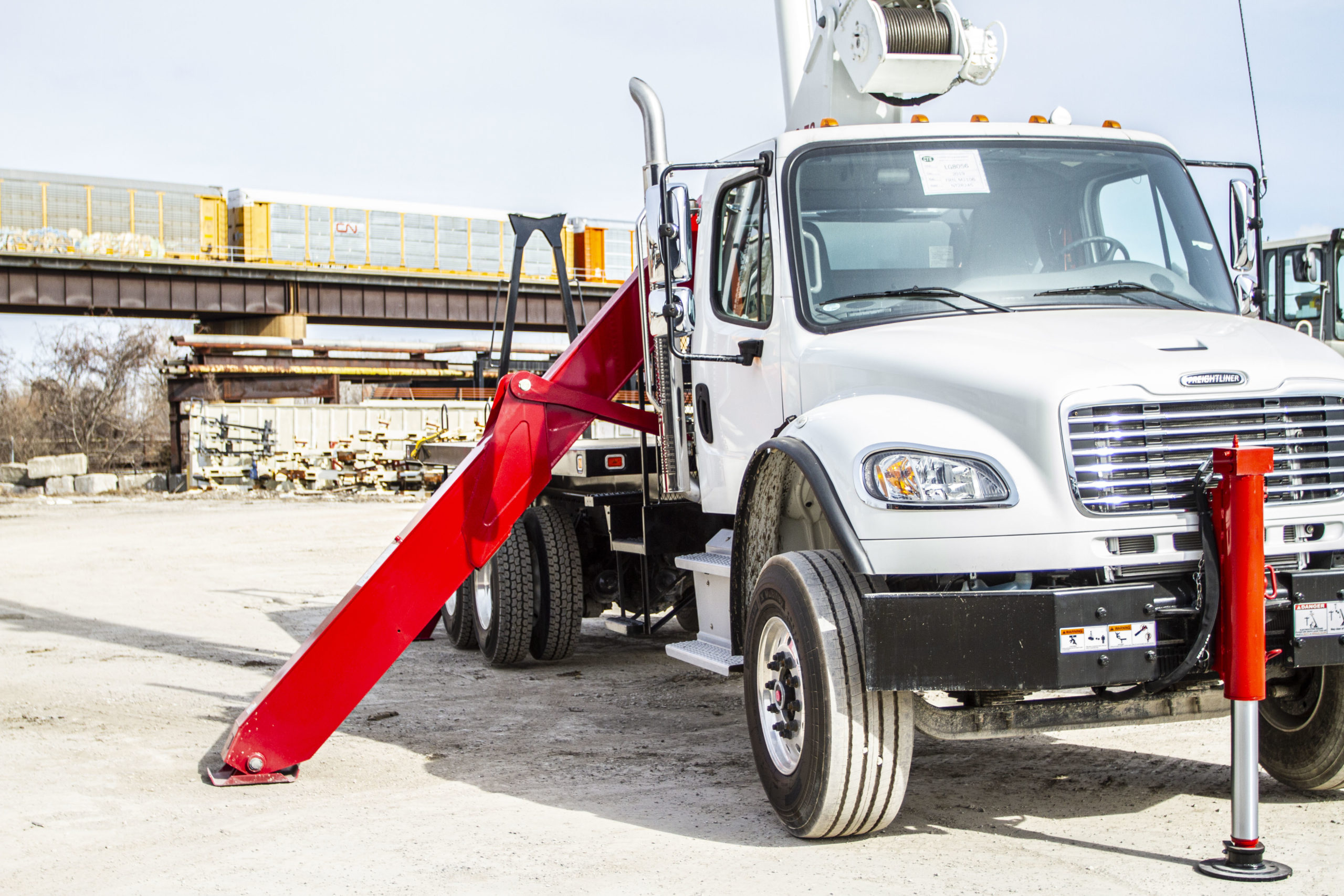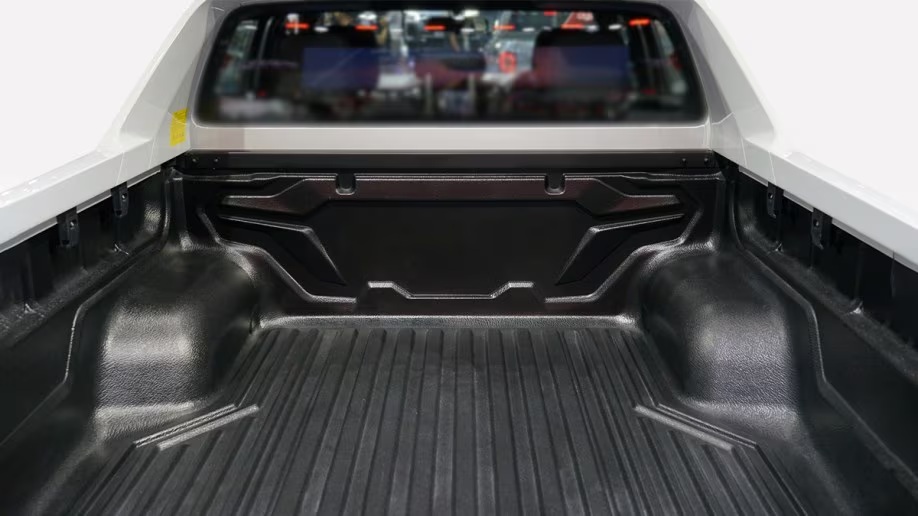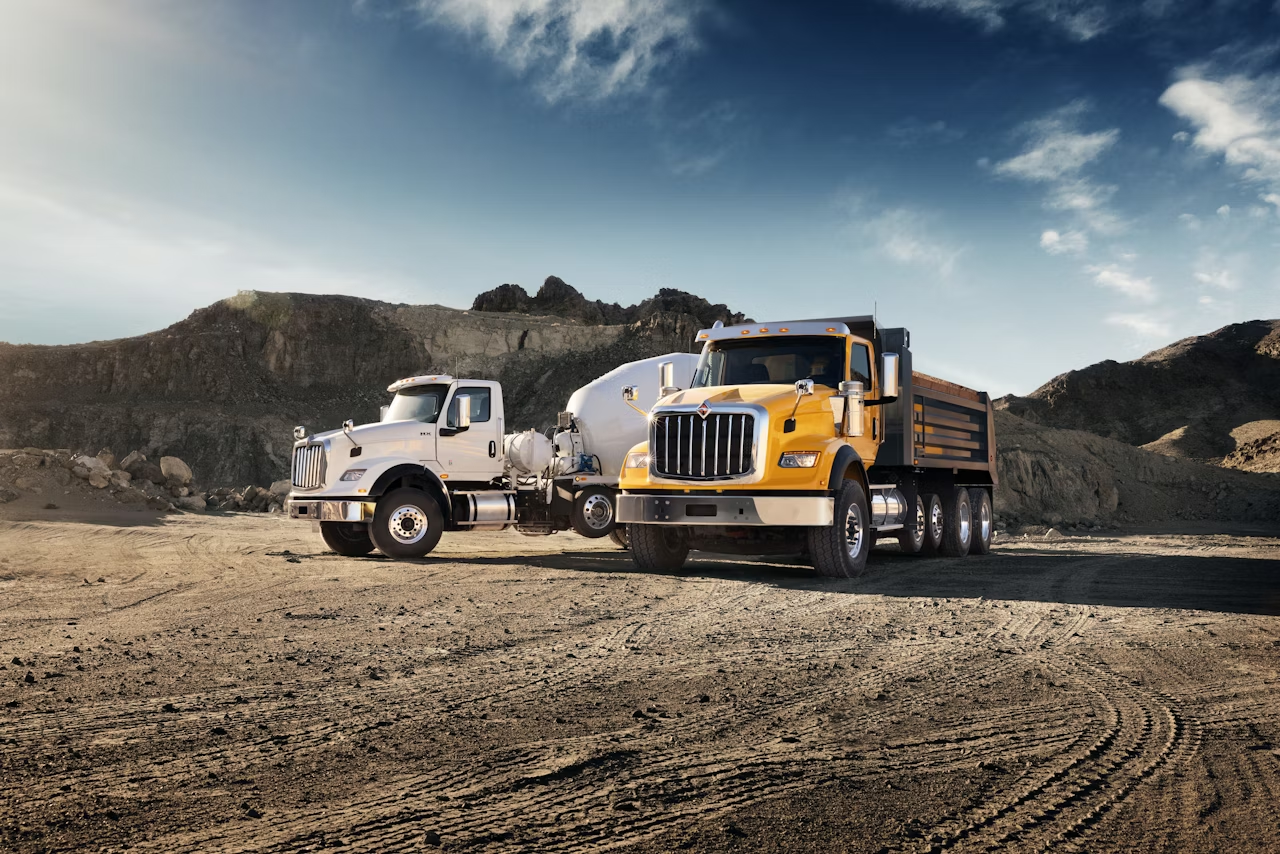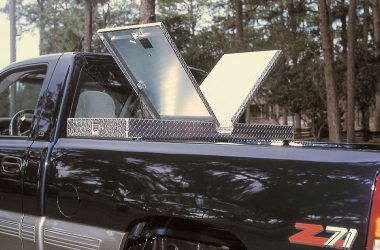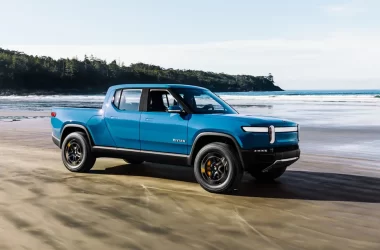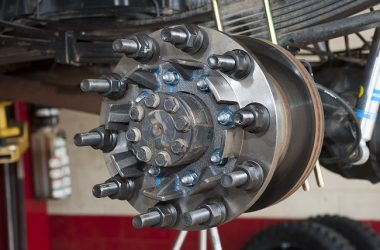Trucks are large, powerful, and versatile vehicles designed to transport cargo or carry specialized payloads. Whether it’s a heavy-duty truck used to haul equipment on and off the highway, or a light truck that carries passengers, the truck is often a complex machine, and drivers must take many important steps to safely operate it.
Light truck
In the United States, the term light truck is used to describe the category of vehicles that fall between cars and heavy trucks. These vehicles are usually small to mid-sized pickup trucks, vans and SUVs. They are designed for utilitarian purposes and typically have smaller engines and wheels.
The light-truck segment is on pace to be over 75 percent of new vehicle sales in 2020. The segment is also expected to grow at a faster rate than the average industry growth rate.
Light-duty trucks are usually Class 1-3 pickups, minivans, or sport utility vehicles (SUVs). Although they may have higher payload capacity than their passenger counterparts, they have significantly lower standards for fuel economy.
The classification of light trucks is determined by the Environmental Protection Agency. Trucks that have a Gross Vehicle Weight Rating (GVWR) of less than 8500 pounds are classified as light-duty. This is the combination of a truck’s curb weight and its payload capacity.
A light truck is a great option for individuals who need a larger vehicle for hauling light loads or towing small trailers. They are relatively inexpensive to purchase and operate compared to heavier trucks. Their fuel efficiency is also often better.
Some light trucks come with all-season tires, which are designed to work well in paved roads. However, these tires are not suitable for very cold weather or heavy-duty labor.
Off-highway vehicle
Off-highway vehicles are recreational vehicles that are used on unpaved roads or trails. There are many types of off-highway vehicles including snowmobiles, dirt bikes, four-wheel drive vehicles, utility terrain vehicles (UTVs), and all-terrain vehicles (ATVs). They are not designed to operate on roads or trails that are built for public use, and they are typically operated by single riders.
Some of the more common off-highway vehicles include ATVs, dirt bikes, and motocross bikes. These types of vehicles are categorized by the number of off-road sports they are capable of performing.
Off-highway vehicles are generally not regulated by the same regulations as on-road trucks. However, there are some things that you should know about operating one.
One of the best ways to determine if you can legally operate an off-highway vehicle is to check with your local police department. You may also want to ask about the rules pertaining to OHV operation in your county.
While you are at it, be sure to check out your state’s Department of Public Safety. If you are an OHV owner, you will need to register and title your vehicle in order to drive it. In addition, you will need to purchase an OHV decal. For more information about registering your off-highway vehicle, visit the Texas Comptroller’s website.
Duties and responsibilities of a truck driver
A truck driver’s job involves a variety of responsibilities. Whether you are transporting raw materials, finished goods, or even people, you are responsible for ensuring the safety of your cargo. This includes performing a pre-trip inspection.
In addition, you must perform ordinary maintenance on your vehicle. You also need to maintain a logbook for your truck. It is important that you keep your logbooks up-to-date to meet federal and state regulations.
Heavy truck drivers are primarily concerned with delivering cargo to destinations. They must monitor the road conditions and report any incidents to their dispatcher.
In addition to being responsible for delivering freight, heavy truckers are also required to keep their trucks clean and in good condition. They must also inspect the truck for mechanical problems.
Truck drivers usually work in a variety of industries, including construction, agriculture, retail, and courier services. Depending on the type of truck you drive, you may be required to have specialized training.
Drivers must have a thorough knowledge of traffic laws. They must also maintain a clean driving record and pass a drug test. The DOT’s hours of service rules are also important.
Trucks must be inspected daily. These inspections help ensure the safety of passengers and other motorists. Those transporting perishable goods must also perform additional checks.


